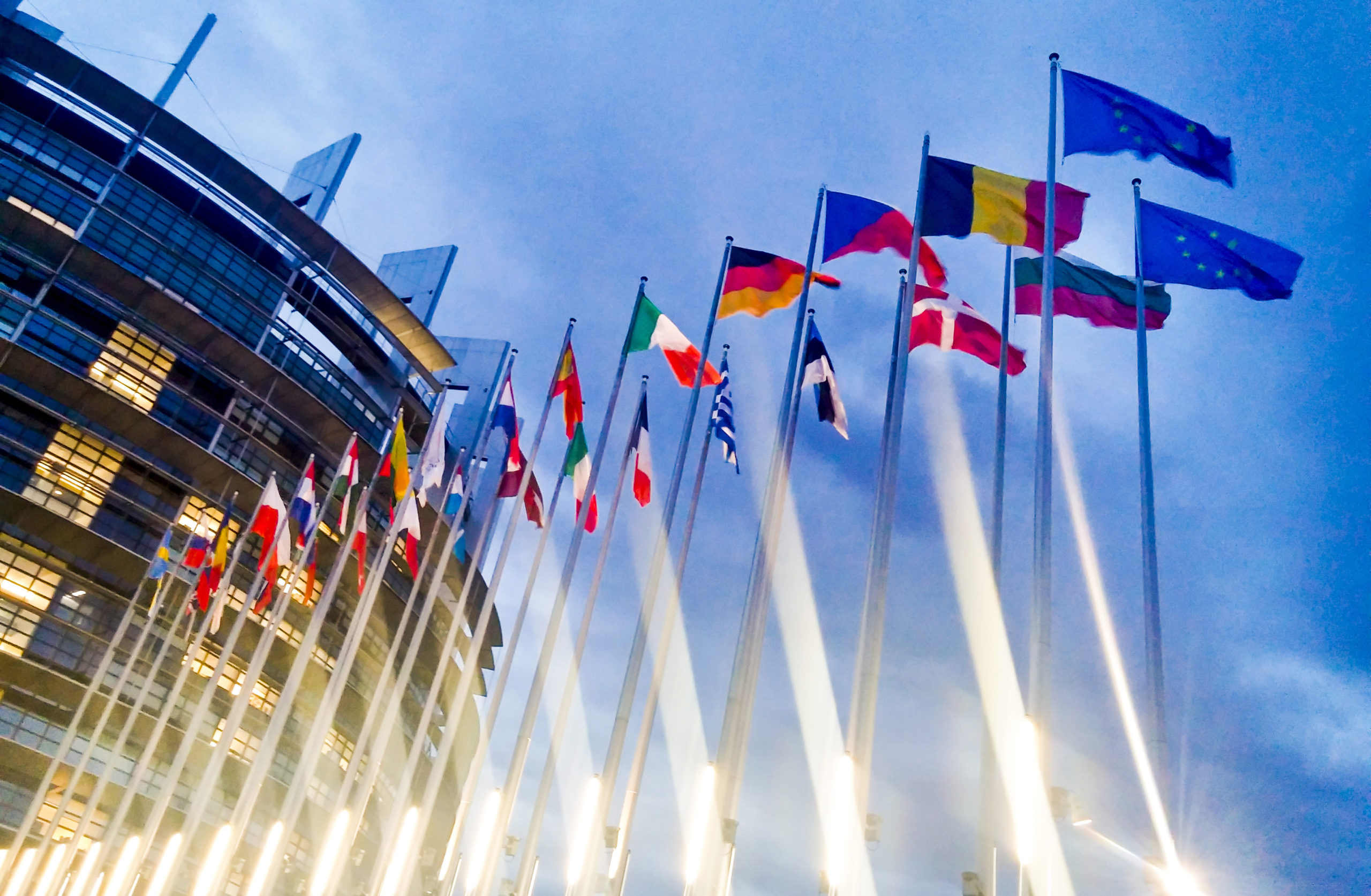The US has said it will withdraw from a landmark nuclear missile treaty in 60 days if Russia does not address its alleged violations of the pact.
Secretary of State Mike Pompeo accused Russia of "cheating at its arms control obligations" and issued the two-month ultimatum.
It is alleged that Moscow has violated the terms of the 1987 Intermediate-Range Nuclear Forces Treaty – a historic pact that kept such deadly missiles out of Europe.
Mr Pompeo said Russia poses a "direct menace" to the continent for allegedly developing cruise missiles that can be launched from land carrying nuclear warheads – potentially hitting European cities at short notice.
Russia denies the allegations, but NATO allies have backed US claims that it is in contravention of the pact.
Britain's chief of the defence staff, General Sir Nick Carter, has also said Russia is in breach of the agreement – telling MPs "we need to call them out" for a deployment of "systems which break the 500km to 5,000km range".
Mr Pompeo said the choice was to "bury our head in the sand" or "take common sense action" – arguing that the US would "welcome a Russian change of heart" but had not seen evidence suggesting it is likely to comply.
He said he had raised the issue at least 30 times with Moscow since 2013, but had been met with denials and counter-actions.
"In the light of these facts, the US declares Russia in material breach of the treaty and will suspend our obligations… effective in 60 days unless Russia returns to full and verifiable compliance," Mr Pompeo said.
 0:38
0:38US President Donald Trump has previously threatened to pull out of the bilateral pact.
The treaty was negotiated by then president Ronald Reagan and Soviet leader Mikhail Gorbachev, and eliminated the medium-range missile arsenals of both superpowers, reducing their ability to launch a military strike at short notice.
Mr Pompeo signalled that, after the 60-day period, Washington would increase its presence in Europe to restore military balance, but declined to give more details. Tests and deployments of new missiles were on hold, he said.
The prospect of US missiles on European soil is a concern for states including Germany, the Netherlands and Belgium, whose representatives have urged Mr Pompeo to continue with diplomacy in fear of a European arms race.
Jens Stoltenberg said NATO would embark on an intense diplomatic push, to try to convince Russia to give up the "multiple battalions" of missiles Mr Pompeo has accused them of possessing.
More from World
Russia took centre stage at NATO on Tuesday, with Mr Stoltenberg also accusing the nation of using Crimea as a platform to take control of waters off Ukraine.
He said NATO allies were providing Ukraine, which is not a member of the group, with "strong" political and practical support including sea patrols and policing.
The US has said it will withdraw from a landmark nuclear missile treaty in 60 days if Russia does not address its alleged violations of the pact.
Secretary of State Mike Pompeo accused Russia of "cheating at its arms control obligations" and issued the two-month ultimatum.
It is alleged that Moscow has violated the terms of the 1987 Intermediate-Range Nuclear Forces Treaty – a historic pact that kept such deadly missiles out of Europe.
Mr Pompeo said Russia poses a "direct menace" to the continent for allegedly developing cruise missiles that can be launched from land carrying nuclear warheads – potentially hitting European cities at short notice.
Russia denies the allegations, but NATO allies have backed US claims that it is in contravention of the pact.
Britain's chief of the defence staff, General Sir Nick Carter, has also said Russia is in breach of the agreement – telling MPs "we need to call them out" for a deployment of "systems which break the 500km to 5,000km range".
Mr Pompeo said the choice was to "bury our head in the sand" or "take common sense action" – arguing that the US would "welcome a Russian change of heart" but had not seen evidence suggesting it is likely to comply.
He said he had raised the issue at least 30 times with Moscow since 2013, but had been met with denials and counter-actions.
"In the light of these facts, the US declares Russia in material breach of the treaty and will suspend our obligations… effective in 60 days unless Russia returns to full and verifiable compliance," Mr Pompeo said.
 0:38
0:38US President Donald Trump has previously threatened to pull out of the bilateral pact.
The treaty was negotiated by then president Ronald Reagan and Soviet leader Mikhail Gorbachev, and eliminated the medium-range missile arsenals of both superpowers, reducing their ability to launch a military strike at short notice.
Mr Pompeo signalled that, after the 60-day period, Washington would increase its presence in Europe to restore military balance, but declined to give more details. Tests and deployments of new missiles were on hold, he said.
The prospect of US missiles on European soil is a concern for states including Germany, the Netherlands and Belgium, whose representatives have urged Mr Pompeo to continue with diplomacy in fear of a European arms race.
Jens Stoltenberg said NATO would embark on an intense diplomatic push, to try to convince Russia to give up the "multiple battalions" of missiles Mr Pompeo has accused them of possessing.
More from World
Russia took centre stage at NATO on Tuesday, with Mr Stoltenberg also accusing the nation of using Crimea as a platform to take control of waters off Ukraine.
He said NATO allies were providing Ukraine, which is not a member of the group, with "strong" political and practical support including sea patrols and policing.












